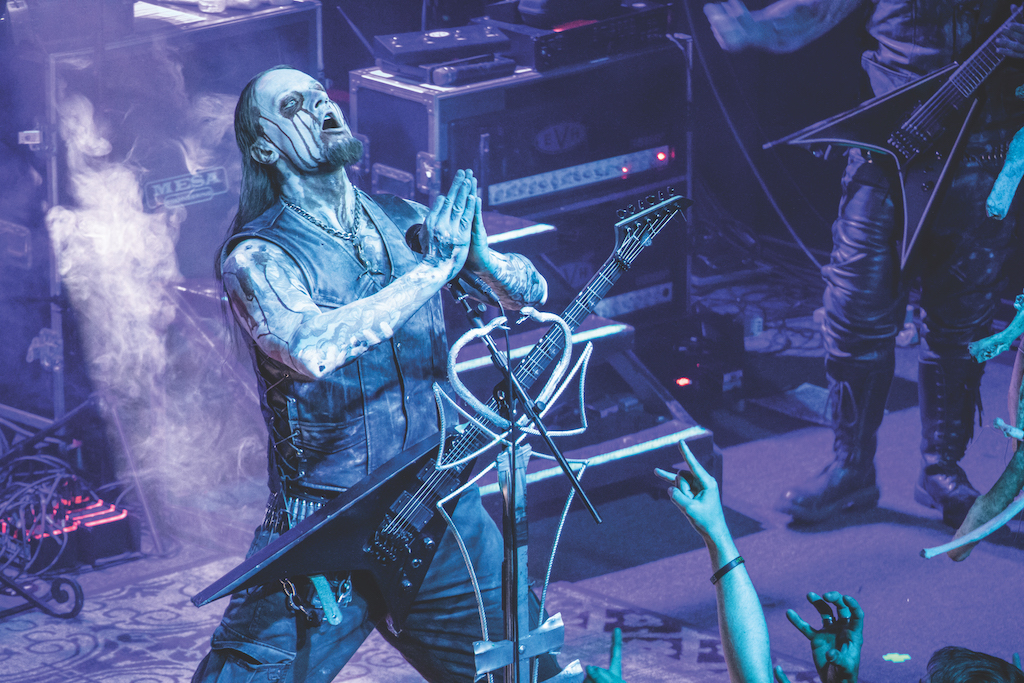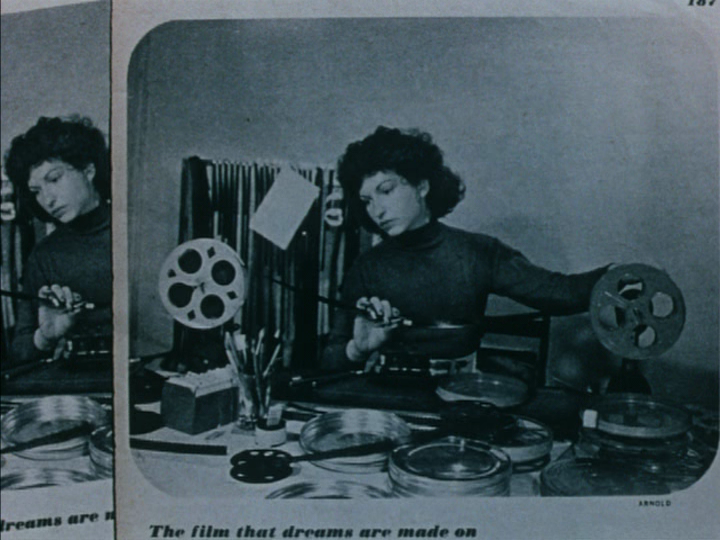Portland State held their 12th annual Sustainability Celebration on May 23 with a display of sustainable projects on campus, speakers on sustainability and information about various sustainability-focused student groups.
Dr. Todd Rosenstiel, associate dean of research and graduate programs for the College of Liberal Arts and Sciences, spoke at the event about his hope for the future of sustainability at PSU.
“To me, it’s really not about if PSU will continue to develop strength and focus in sustainability and sustainability themes, but more to the point of how as a group of faculty, staff and students will collectively advance this work,” Rosenstiel said.
Rosenstiel also pointed to the recent effort in the Oregon Legislature to pass a statewide carbon cap and trade system bill, which would make Oregon the second state to pass such measures.
On PSU’s duty to advance sustainability, Rosenstiel said, “We too, like the Oregon legislature, must be leading Oregon collectively to a better future, and I believe that’s our responsibility.”
The event also referenced sustainability off campus. Lents Green Ring—a community project that focuses on the diverse neighborhood loop of Lent—was displayed at the event. The organization finds sustainable upgrade solutions and aims to “make the loop feel safe, family friendly and accessible to all mobility types” using existing infrastructure and some additional investments.
Upgrades included adding adequate lighting to streets as well as increasing mobility of pathways to all transportation needs. The project is funded by a grant from the PSU Institute for Sustainable Solutions.
The event showcased sustainability projects around campus as well. Elizabeth Hoekstra, associate campus planner, showed the university’s plans to expand pedestrian-only green spaces, such as the Montgomery pop-up plaza which runs through the end of May.
“There’s a lot of studies that show that [natural spaces are] beneficial to mental health and ability to focus and being projective, so I think that’s a huge benefit not only for the PSU community but to the larger community as well,” Hoekstra said.
The event also presented research on PSU’s own sustainability practices, showing the post-occupancy building performance in the Karl Miller Center. Being one of the newest buildings on campus, KMC was built with sustainability in mind, such as the hydronic radiant floor system which helps regulate the building’s temperature using water.
KMC ranks low in energy usage when compared to other buildings on campus due to its energy-saving design that includes natural ventilation and increased air flow.
The Campus Planning Office plans to expand green spaces around campus, as well as research the ways in which transportation is used on campus and how it can be improved.
The Student Sustainability Center, a resource center focused on service, was also present at the event, displaying their work with the garden task force and beekeeping groups. These groups are aimed at creating community and connecting with the earth in a sustainable way.
Funding for the SSC comes from a variety of sources but mainly through grants, donations and Student Fee Committee allocations.






